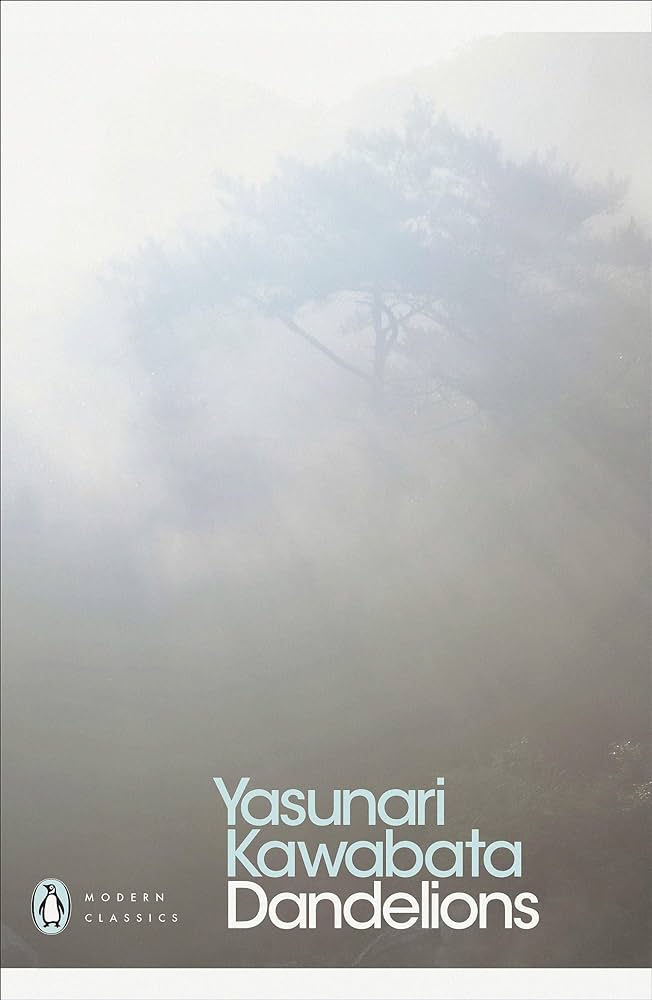
Dandelions [1964/2017] – ★★★★
“Dandelions cover the banks of Ikuta River. They are an expression of the town’s character – Ikuta is like springtime, when the dandelions bloom. Three hundred and ninety four of its thirty five thousand residents are over eighty years old…Only one thing seems out of place in this town: the madhouse” [Kawabata/Emmerich, Penguin Classics, 1964/72/2019: 3].
These lines begin Yasunari Kawabata’s novel which is about a young woman, Ineko Kizaki, who suffers from a strange, rare illness called somagnosia (fictitious) – the inability to see the body of another person. Ineko is in the Ikuta mental institution, and much of the novel is the conversation that Ineko’s mother and Ineko’s lover Kuno have on the way from the clinic after visiting Ineko. They both try to decipher the strange illness plaguing their loved one, but even the best Japanese doctors cannot help them, and the only conclusion reached is that maybe Ineko’s illness may somehow be connected with her seeing a traumatic event involving her father when she was young. Kawabata’s last book is gentle and restrained, but hides penetrating insights into the matters of the heart and mind for a reader willing to read between the lines.
Continue reading “Review: Dandelions by Yasunari Kawabata “


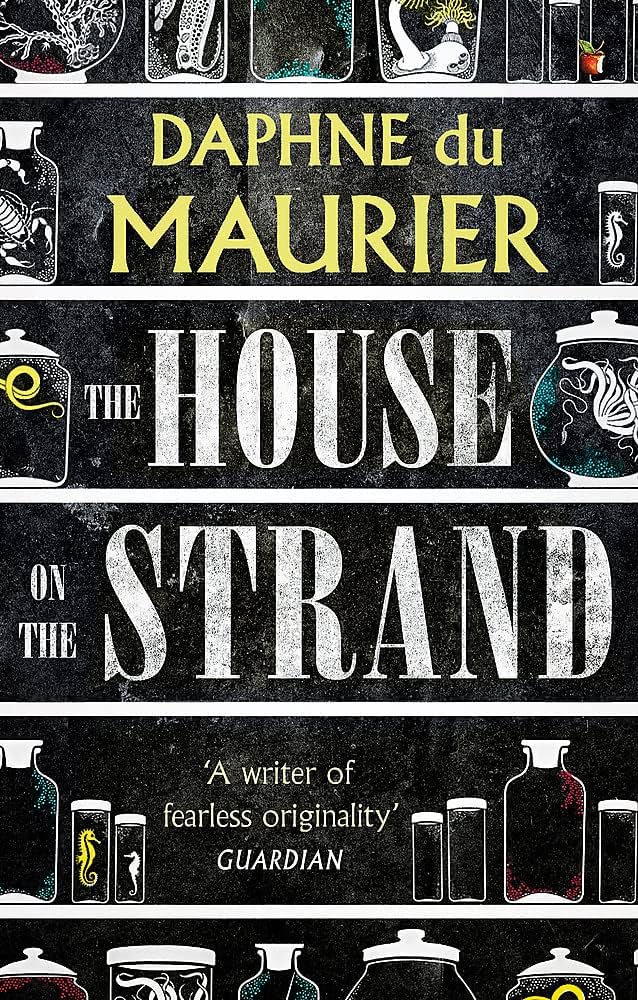

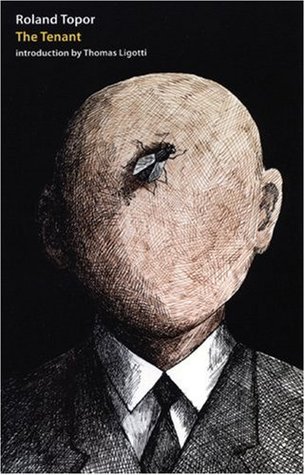

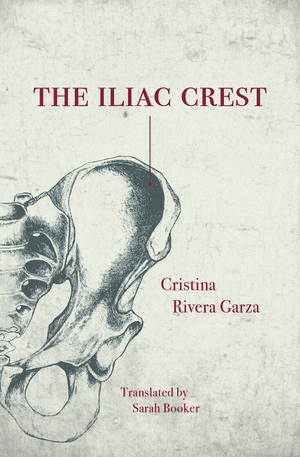
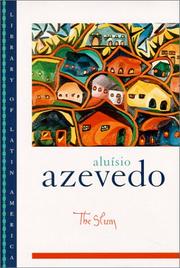









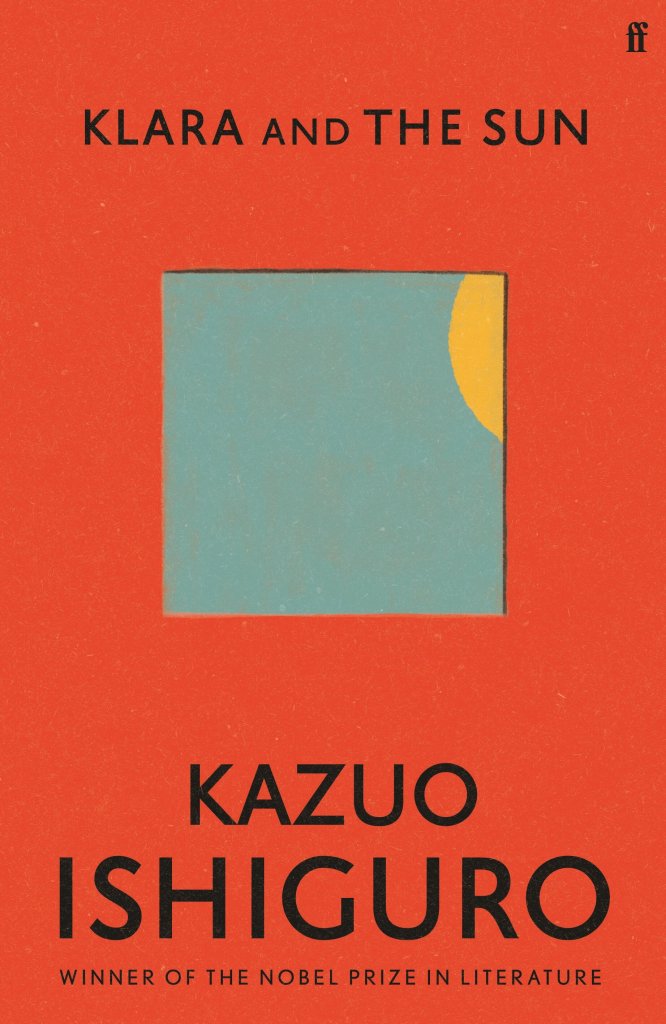
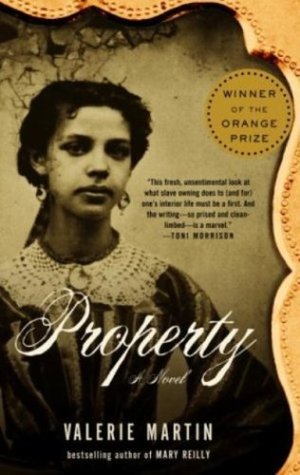


















 I. The Butchering
I. The Butchering
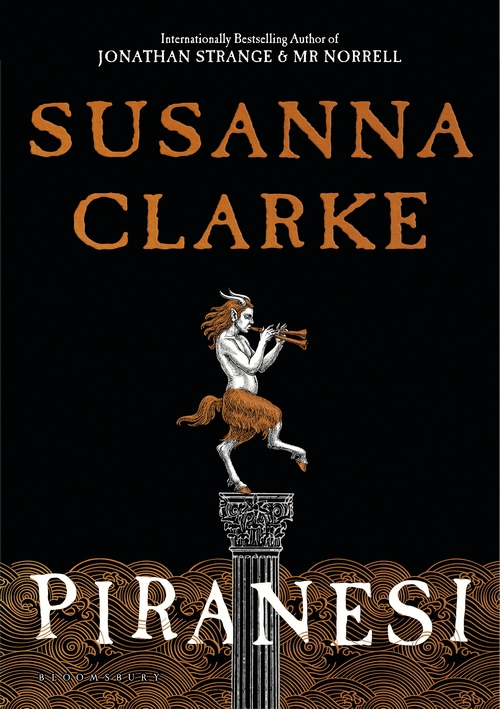




 Shamanism [1951/64] –
Shamanism [1951/64] –  The
The The Detour [2010/2012] –
The Detour [2010/2012] –  I. Ed
I. Ed I. The Separation [2002] by Christopher Priest
I. The Separation [2002] by Christopher Priest  Melmoth [2018] –
Melmoth [2018] –  I. Secrets and lies: a book set in a sleepy small town
I. Secrets and lies: a book set in a sleepy small town  II. Salt and sand: a book with a beach-side community
II. Salt and sand: a book with a beach-side community
























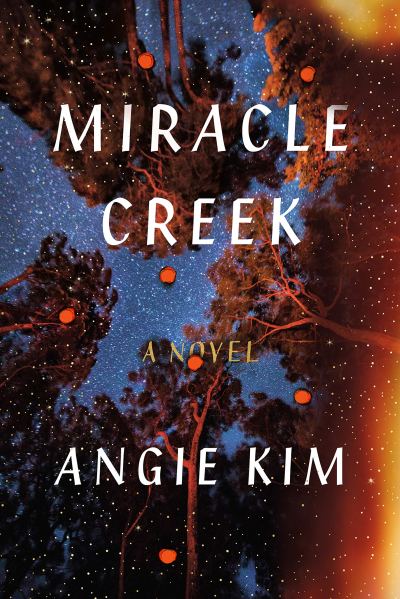 Miracle Creek [2019] –
Miracle Creek [2019] – 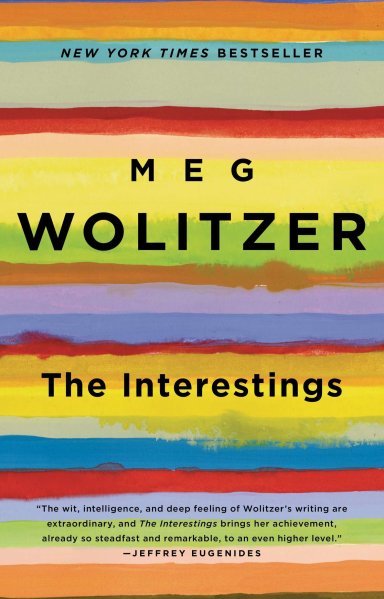 The Interestings [2013] –
The Interestings [2013] – 
 The Crime of Father Amaro [1875/1962] –
The Crime of Father Amaro [1875/1962] –  I. Which book, most recently, did you not finish?
I. Which book, most recently, did you not finish? 
